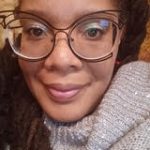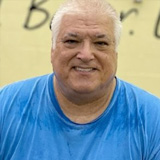Welcome Back
If you are a Program Participant, Program Facilitator, or JustFaith Network Member you are in the right place! Log in to see all your content.
Forgot your password?What our program participants are saying

I was a little skeptical of this program on my first day of the class; I was the only person of color and less than 50 years old and wondering if the course's material would even be relevant to my experience. I'm glad I stayed because I learned so much and was able to share so much of my experience and my community and the environmental justice work that I do from an urban perspective that opened the minds of all of my classmates. It was an awesome experience that I'd recommend to everyone.

As a Unitarian Universalist residing in the Bible Belt, I've become used to interfaith-based conversations that revolve around all the flavors of Christianity, so this course on Spiritual and Racial Equity surprised me as being true to its promise of welcoming and speaking to people of all faith traditions. My favorite part could be the guided meditations which were effective even over Zoom. I recommend this course for people who recognize that systemic racism in American makes individual relationships messy, complicated and nuanced - yet the participant is prepared to dig in anyway, willing to experience discomfort at times because, ultimately, the pavers on the pathway to justice we are laying down are comprised of joy, prophetic wisdom, empowerment, and good will, all of them being spiritually-centered attributes and pursuits that we may overlook. Engaging in the 'struggle' and the 'work' of anti-racism may be necessary labor but this program prepares participants' hearts and minds to be open to the beauty and transformation that are always within our reach along the way, no matter how distant we may be from the justice we seek.

The knowledge that I gained has better positioned me to take action in my own community to work towards fostering an atmosphere for honest and often uncomfortable conversations that must be had.
